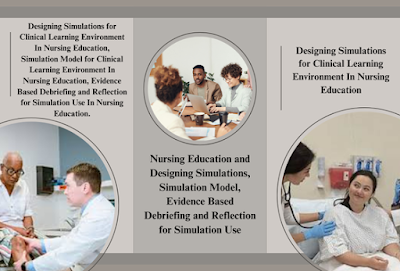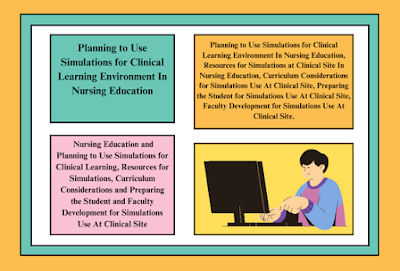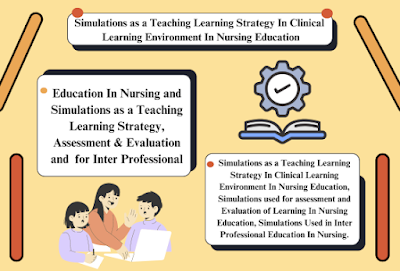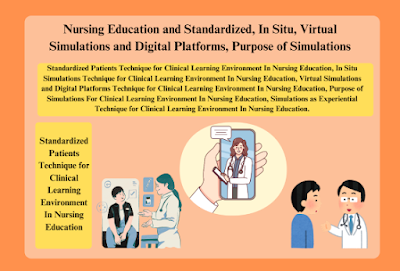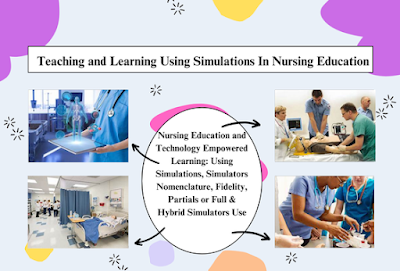Integration of Simulation In Course and Curriculum In Nursing Education
The Integration of Simulation In Course and Curriculum In Nursing Education. Through simulation, nursing students can practice their clinical skills and abilities, make errors that are not life-threatening to patients, and repeat the process (multiple times) to master the skills. The Integration of Simulation In Course and Curriculum In Nursing Education Integrating simulation into nursing … Read more


